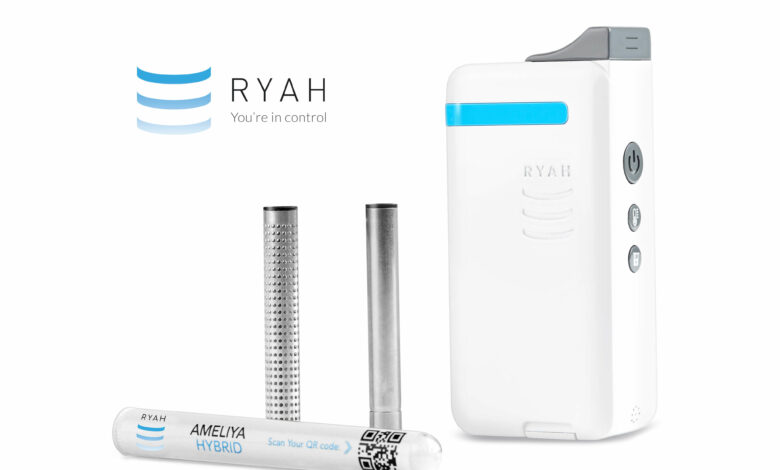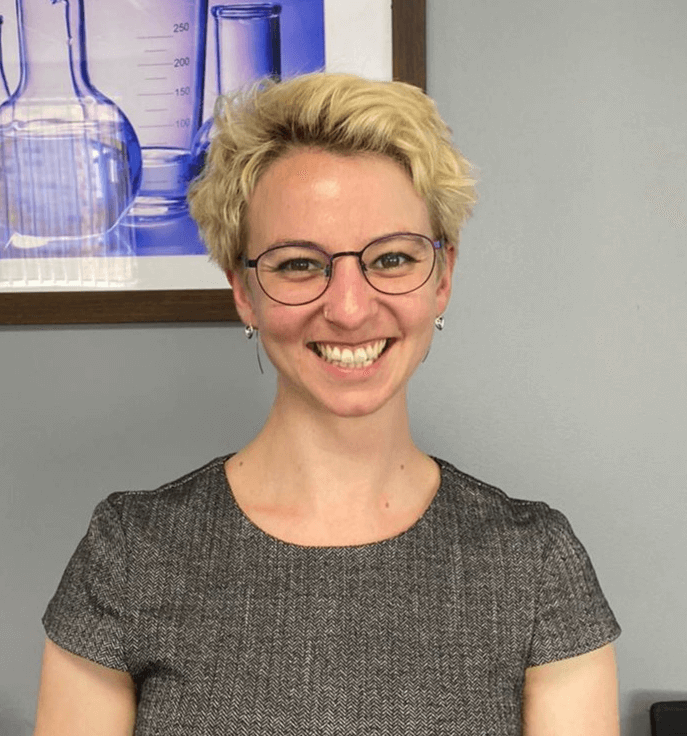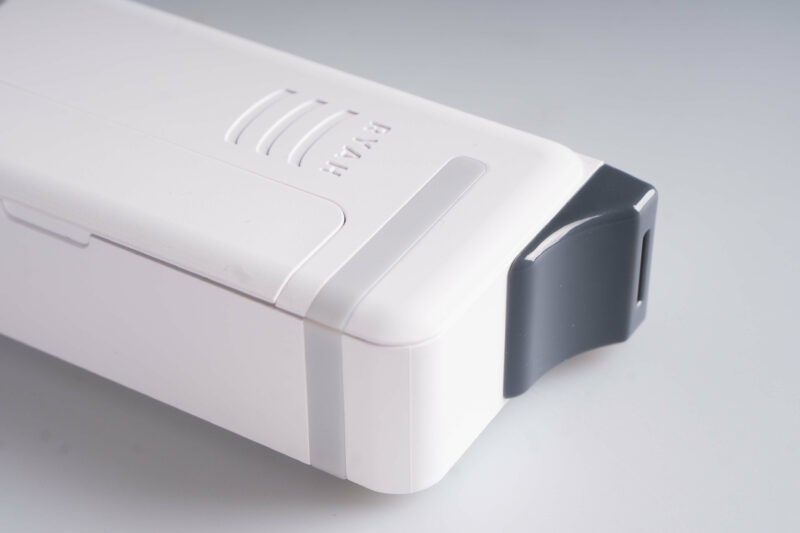
First, this is a complicated question that the medical profession has very different views on. The
accumulated patient testimonials from many cannabis patients is, yes, it does. However, patient
testimony is not enough to move the NHS goliath to accept medical cannabis as a regularly
prescribed medication be it extracted oils or cannabis flower.
This is where Sophie Hayes comes in. Sophie is a fully trained former NHS Nurse who has seen so
many personal journeys that have shown the benefit of medical cannabis use. This is the key to what
motivates Sophie, personal testimony is not scientific validation where rigorous standards have to
apply to ensure impartial evaluation. That is why Sophie moved from a cannabis clinic to become
Trial Manager for LVL clinics. She is working on a really interesting feasibility study, a proof of
concept for a much larger trial that LVL will run. This is where things will become really interesting
but let’s not rush things, let us start at the beginning and work our way to the prize at the end of the
story.

Talking to Sophie about her journey it becomes obvious how passionate and committed she is to
making this trial a success. Making a trial success is a very complicated task, the trial framework
has to conform to the rigorous standards of medical investigations, and there is also managing patients.
This is a controlled trial so Sophie must find a patient with exactly the same symptoms as a patient
who will use cannabis as a medication. This balance is to ensure the data can be effectively
compared between the groups. This careful process leads to impartial assessments demanding
acceptance of benefits by the medical establishment. If the trial is successful in proving cannabis is
effective for pain management, the endorsement will be part of the evidence bundle that will
eventually lead to NHS prescribing.
LVL launched the feasibility study back in April this year and received a lot of publicity. However,
some of the mainstream media looking for its headlines mischaracterized the feasibility study and
confused it with the trial. This created confusion about what was on offer and who could participate.
The whole media blitz led to a lot of enquires from possible participants who had unrealistic
expectations about being part of this groundbreaking research. Safe to say It took a lot of Sophie’s
time to patiently explain the mechanics of the study and the criteria for enrollment.
LVL managed this initial publicity wave and the unrealistic expectation slowly building a solid patient
cohort that is part of the study to stress test the processes and ensure the foundations of the
larger trial are effective and the process is efficient. The larger MHRA-approved clinical trial will start
in 2023, once the feasibility study has been completed and the lessons learned adopted in the larger trial. There is a lot riding on what could be a game-changing outcome.
The larger trial will have up to 5000 patients but of course, nothing is certain in an independent scientific investigation. Look at the Cancer pain trial using Sativex a UK-licensed medicine for use in cases of MS. The trial actually found no statistical benefit but could the participant selection criteria have had a major influence on the
outcome? That is why Sophie's job is so important.

The LVL trial specifically looks at non Cancer pain and has significant other differences to the Sativex
trial. The controlled trial LVL is running is looking at how effective vaporized cannabis flower is for
reducing the pain patients feel. The trial will use the dosed capsules that fit into a Ryah Vaporiser
which monitors the use of the medication and updates a connected app. This really is 21 st century
cannabis and should end up being a unique personalised medicine system. The trial ticks all the boxes that
the National Institute of Care Excellence (NICE) have outlined as requirements for them to assess the
cost-benefit analysis they need. If LVL shows successful outcomes the LVL trial could be the lynch pin
that allows the NHS to prescribe medical cannabis flower. This is why this trial is so important. For
NICE to recommend Cannabis as a medication for pain management they need cast iron science and
that is where Sophie and her team can deliver a bundle of evidence that persuades the
administrators that things can change.
The importance of the LVL trial should be clear to all. That’s why It was so disappointing when
attending a Cannabis Industry council meeting, a leading campaigner for cannabis change said There
should be a large controlled trial looking at how Cannabis is effective in Pain Management to
persuade the NHS.
If this person does not know about the LVL trial there is a lot to be done to make possible
participants aware.
Please tell everyone you know the trial is starting and currently the feasibility study is operating.
Here are all the details
Look at the official Clinical trials website for the complete framework CanPain study
Recruits for the study are currently being offered a real incentive to join
For those suffering chronic pain
There is a 3-month £99 trial period where you are paying for the initial testing which includes a DNA
& pregnancy test and an advanced medical grade vaporiser. You then have a complete pain
consultation with a specialist doctor and 3 months of medication. If after the trial the patient finds it
useful they can continue the treatment at a cost of £299 per month. If the treatment does not work
the patient can stop treatment with no obligations.
This really is cutting-edge science and a huge opportunity.
Looking for help? Get in touch




